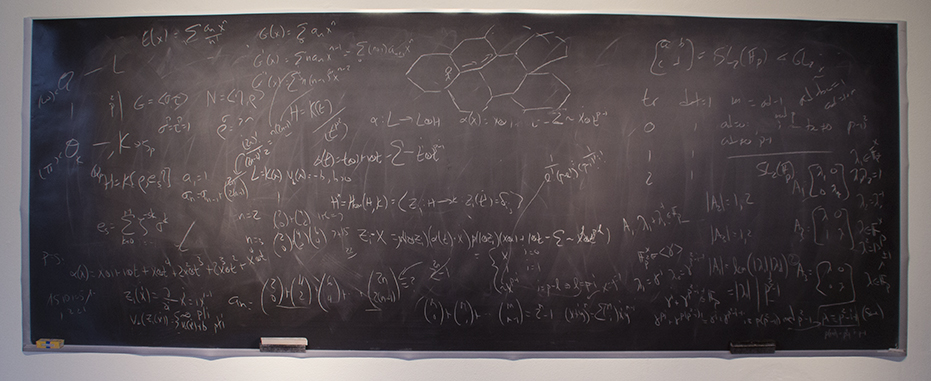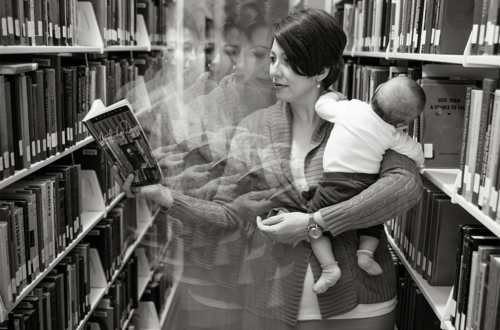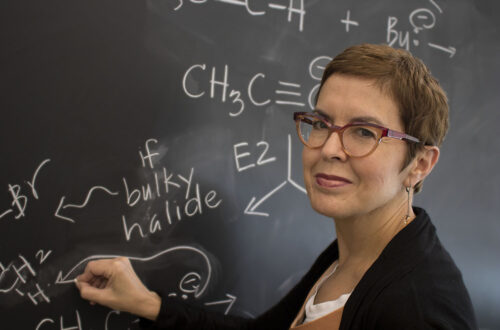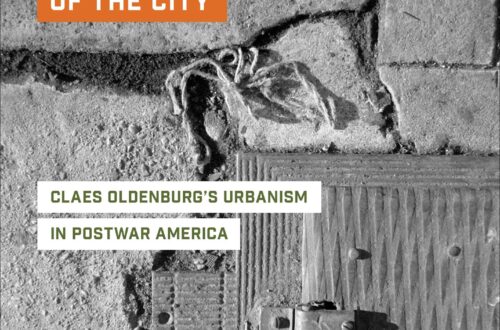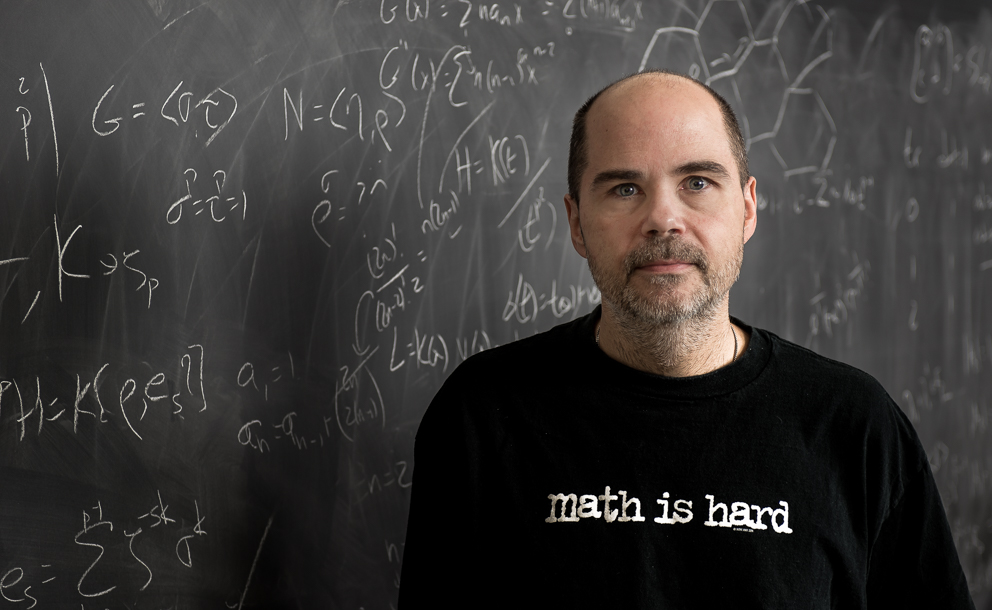
showing/thinking: Alan Koch
Alan Koch is professor of mathematics at Agnes Scott College. He holds a B.A. from the University of Vermont, and an M.A. and Ph.D. from the State University of New York at Albany. His teaching and scholarly interests include abstract algebra, linear algebra, finite groups, finite fields, number theory, cryptography and algebraic Fibonacci sequences. Below are Professor Koch’s reflections on his scholarly thinking and process, from the 2015 Dalton Gallery exhibition showing|thinking, a series of exhibitions that highlighted the work of faculty and staff on campus:
“Pure mathematics is the world’s best game. It is more absorbing than chess, more of a gamble than poker, and lasts longer than Monopoly. It’s free. It can be played anywhere. Archimedes did it in a bathtub.” -Richard J. Trudeau
Mathematics is designed to be hard. Every time you answer a question, it leads to several harder questions. It is hard for the students in my classes as they struggle through their coursework. It is hard for my research students, who nonetheless keep their motivation despite the fact that their work earns them no academic credit. And, it is hard for me. It is impossible to prove everything that is true. Kurt Gödel famously proved that, given any set of axioms, statements exist which can neither be derived from the axioms, nor can the axioms be used to show these statements are false. Imagine a video game with infinite levels, each level harder than the last; ultimately, you will reach a level in which you will fail – the objective is to prolong the inevitable for as long as possible. This is how math works: no matter how much insight you have, no matter how hard you work, you will get to levels which will challenge and overwhelm you. Trudeau fails to mention this. But it’s addicting, so you keep playing.
In his famous 1962 speech at Rice University, John F. Kennedy said “We choose to go to the moon. We choose to go to the moon in this decade and do the other things, not because they are easy, but because they are hard, because that goal will serve to organize and measure the best of our energies and skills, because that challenge is one that we are willing to accept, one we are unwilling to postpone, and one which we intend to win.”
Pursuing mathematics is like choosing to go to the moon. The only real difference is that you cannot expect to win. The trick is to be okay with the inevitable failure. A challenge I have when working with my students on research projects is getting them to understand that solving 1% of a challenging problem is a “win”. Often, the phrase “math is hard” is erroneously attributed to Barbie. Talking Barbie actually said “Math class is tough”. There’s a big difference between the subject of math, which is hard; and how it is presented in class, which can vary in difficulty. We should not take too seriously the words of a hollow ball of plastic.
So what is to be done?
I’m comfortable with the notion that math is hard. Solving an easy problem is like bench- pressing a chihuahua. I like games, and other challenges, where the expectation is that I will fail. The worst I can possibly do is meet my expectations. On the other hand, if the expectation is that I will win, the best I can do is meet my expectations. If I try something challenging, such as computing the number of n step random walks on a plane tiled with hexagons, I’ve already met my expectations and I win; if I try only easy things, such as finding a good synonym for “expectations”, and victory is shallow.


